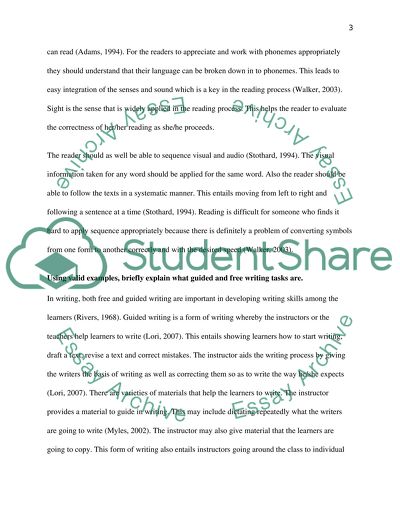Cite this document
(“Reading can be seen as an interactive process between a reader and a Essay”, n.d.)
Retrieved de https://studentshare.org/english/1480828-reading-can-be-seen-as-an-interactive-process
Retrieved de https://studentshare.org/english/1480828-reading-can-be-seen-as-an-interactive-process
(Reading Can Be Seen As an Interactive Process Between a Reader and a Essay)
https://studentshare.org/english/1480828-reading-can-be-seen-as-an-interactive-process.
https://studentshare.org/english/1480828-reading-can-be-seen-as-an-interactive-process.
“Reading Can Be Seen As an Interactive Process Between a Reader and a Essay”, n.d. https://studentshare.org/english/1480828-reading-can-be-seen-as-an-interactive-process.


